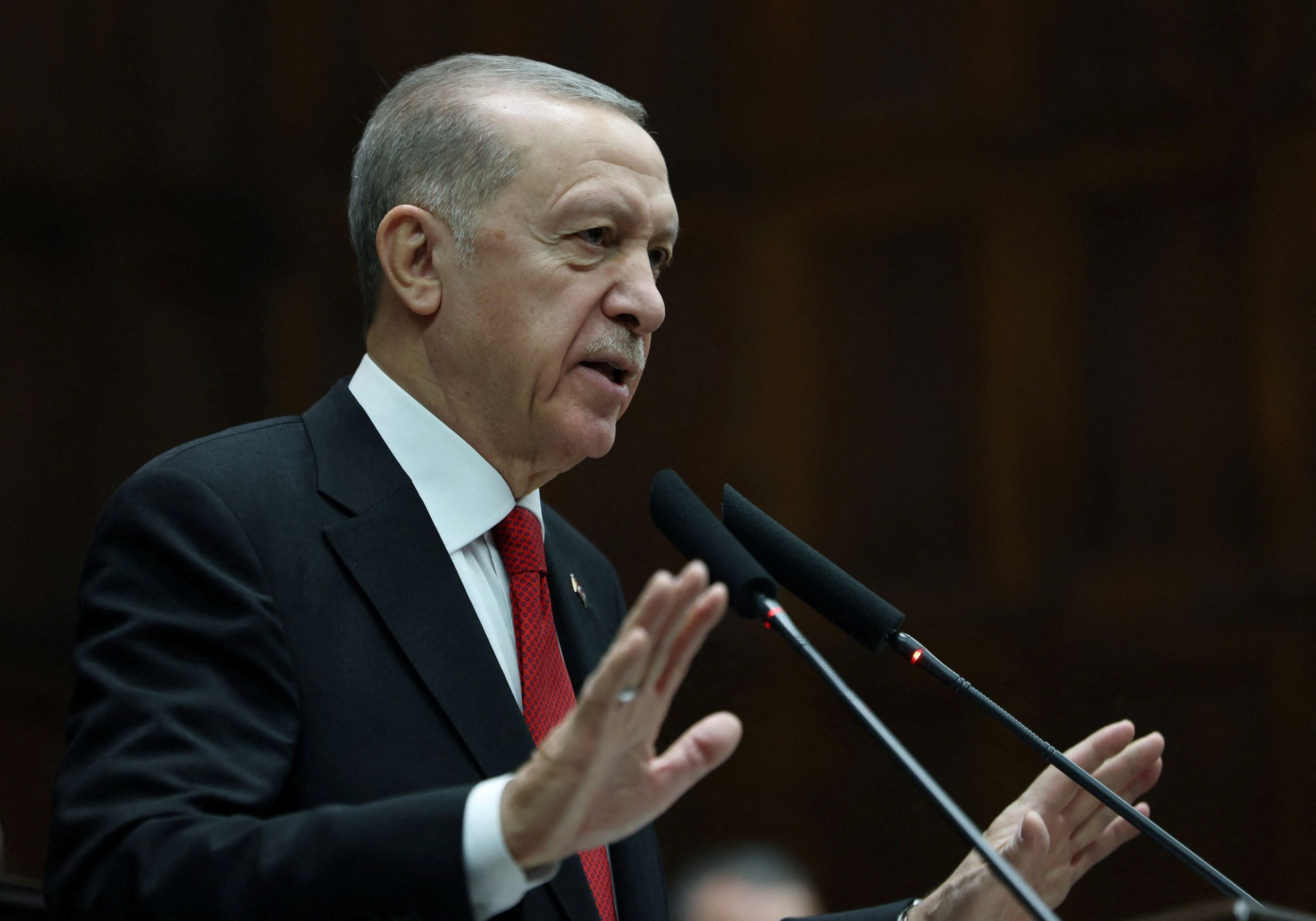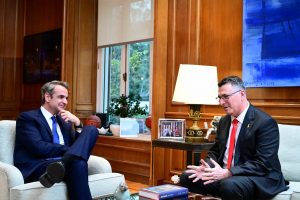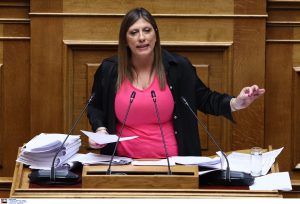Ahead of his upcoming scheduled visit to Greece, on December 7, for talks with Greek PM Kyriakos Mitsotakis, Turkish President Recep Tayyip Erdogan expressed his hope for a “new chapter” in bilateral relations between the two countries, addressing a party meeting on Wednesday.
While recognizing ongoing and future disputes between Greece and Turkey, Erdogan said his country would continue to implement policies to bolster friends and “reduce enemies”.
“We had disagreements yesterday, and we will have them today. We continue to implement our policy to increase friends and reduce enemies. We don’t see diplomacy as a zero-sum game. It’s natural for there to be disagreements between countries. The most important thing is the willingness to resolve them before they turn into deadlock,” he stressed, adding that a “win-win” solution was achievable and that both sides could ultimately benefit.
Erdogan posited that despite the differences between the two nations that did not mean common ground could not be found “as the two countries share the same climate and sea.”
Erdogan’s visit to Greece, despite ongoing disputes, is seen as an opportunity to enhance cooperation and establish a more positive trajectory for bilateral relations.
The schedule for the high-level meetings in Athens includes Greek and Turkish Foreign Affairs ministers engaging in bilateral talks at the Ministry of Foreign Affairs after Erdogan’s arrival in Athens on December 7.
The Greek Prime Minister will meet with the head of the Turkish State at the Maximos Mansion, continuing the format of their previous contacts in Vilnius and New York. The meetings will include the Foreign Ministers of Greece and Turkey, George Gerapetritis and Hakan Fidan, along with the diplomatic advisors of both leaders, Anna Maria Boura and Cagatay Kilic.
Subsequently, the two leaders are expected to make statements to the press. The Higher Military Council will then convene under Kyriakos Mitsotakis and Recep Tayyip Erdogan, followed by a working lunch at the Maximos Mansion.
The joint statements and parliamentary discussions aim to contribute to a more positive trajectory in the relations between the two neighboring countries.



